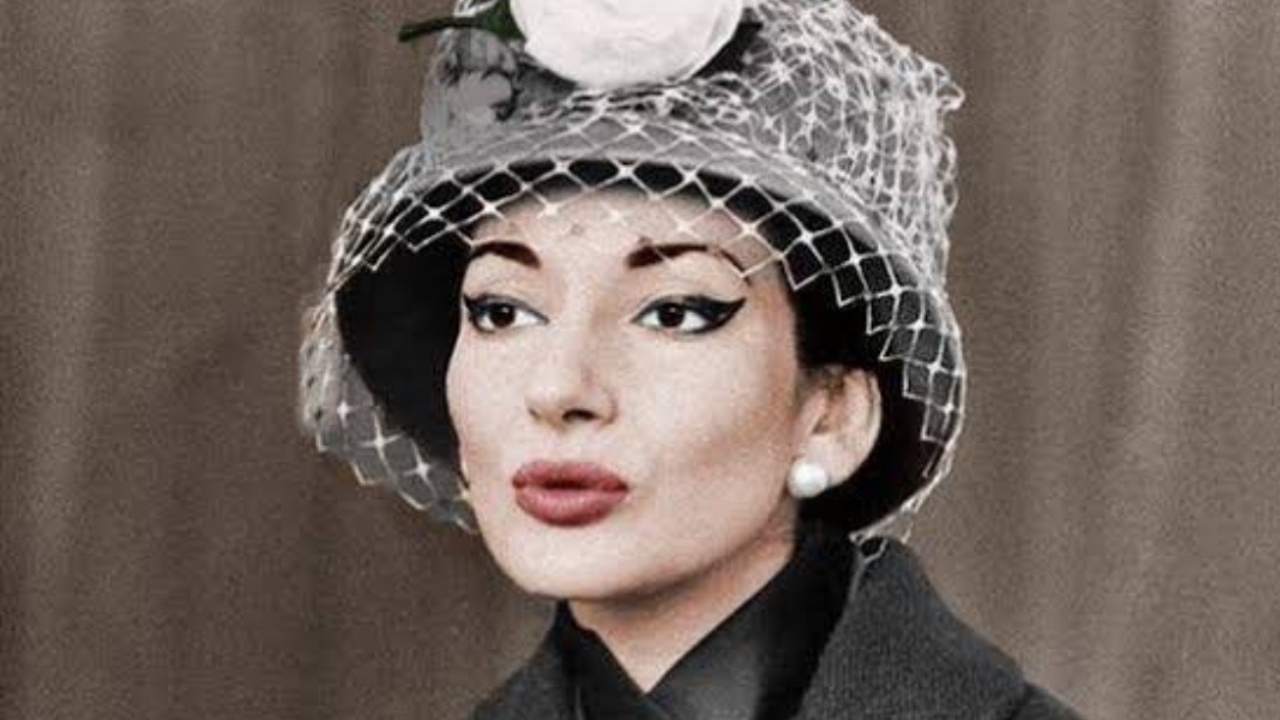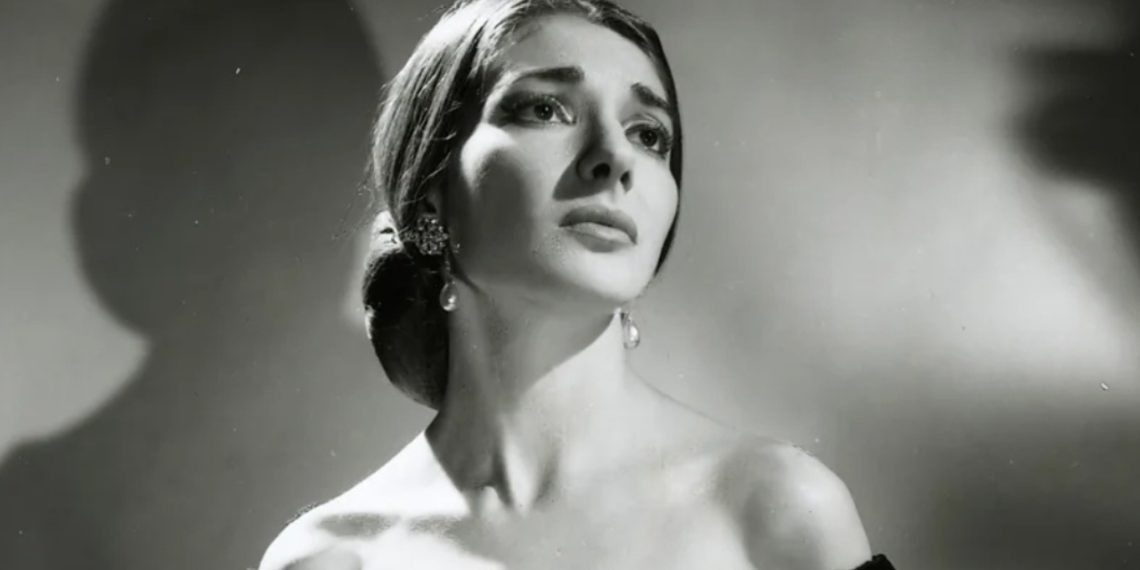Maria Callas, one of the most renowned opera singers of the 20th century, led a life as dramatic and complex as the roles she portrayed on stage. Born as Cecilia Sophia Anna Maria Kalogeropoulos in New York in 1923 to Greek immigrants, Callas’s early life was shaped by her parents’ separation and her mother’s determination to nurture her prodigious musical talent.
She began piano lessons at age seven, and her voice soon garnered attention. Callas studied singing at a conservatory in Athens under Elvira de Hidalgo, where her perfectionist nature helped her achieve professional success.
In the 1940s, Callas struggled to find roles due to the war but eventually made her mark in Italy with successful performances in works like La Gioconda and Norma.

By the late 1940s, she had married industrialist Giovanni Meneghini, who also became her manager.
Callas’s career took off internationally, and she made her U.S. debut at the Lyric Opera of Chicago in 1954, though her relationship with the Metropolitan Opera soured a few years later. Despite her career triumphs, her personal life was tumultuous, marked by her affair with shipping magnate Aristotle Onassis.
This relationship caused heartbreak, as Onassis eventually married Jacqueline Kennedy in 1968 but continued to pursue Callas.
The 1960s saw a decline in Callas’s vocal ability, and her career began to falter. Her final performance was in 1969.
In the years leading up to her death, Callas withdrew from the public eye, living a reclusive life in Paris. Unpublished letters revealed painful details of her personal life, including allegations of abuse and betrayal by those close to her, including her mother, father, ex-husband, and Onassis.
Maria Callas died suddenly in 1977 at the age of 53. While her official cause of death was a heart attack, there were suspicions surrounding the circumstances of her passing.
Franco Zeffirelli, a close friend of Callas, suggested that she might have been poisoned by her Greek friends, though no testing was conducted, and her body was cremated shortly after her death.
This mysterious end to her life left a cloud of uncertainty surrounding the true cause of her death. Her will, believed to have been destroyed, further fueled speculation about the nature of her final years.
Today, Callas remains an iconic figure in the opera world, remembered for both her unparalleled talent and the tragic, enigmatic life she led.





